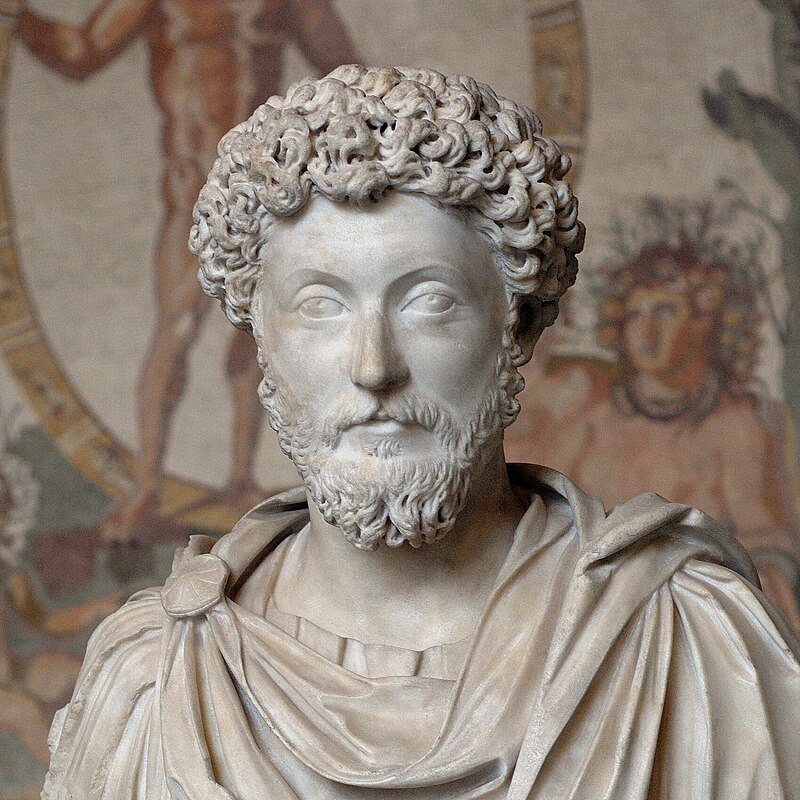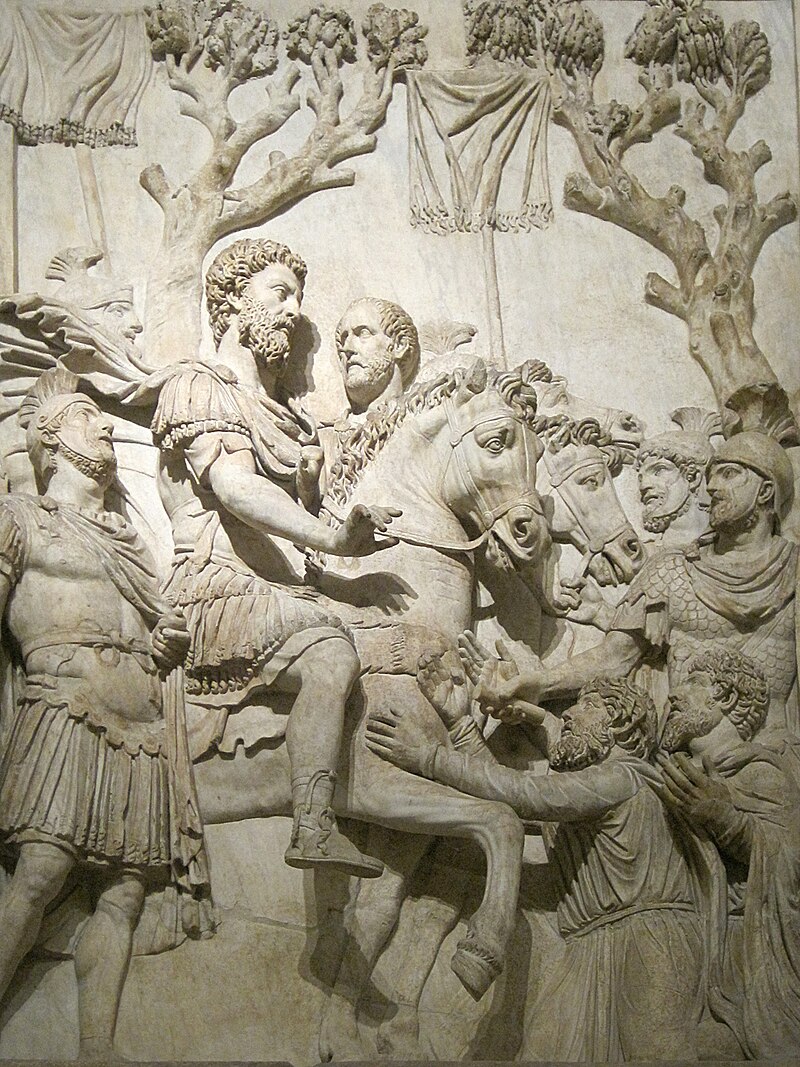IDKFA
I am Become Bilbo Baggins
I came across this piss poor video recently from a "professor". It's one of those shit Wired Ask the Expert videos. Anyway, one of the questions this professor gets is who was the best Roman Emperor, and of course she has to shove her modern view points into it. Take a listen. Time stamped so you don't need to watch the whole thing.
What? Marcus Aurelius wrote a "cute little book"?! No. He didn't write any book. The book we call Meditations is just a collection of his personal philosophical thoughts he wrote down through the years. He wasn't writing a book and had no intention of having his writings published. We collected it all into a book in the modern era.
Nero, the worst Emperor? She does know that Nero's reputation as one of Rome's worst emperors is largely based on historical accounts written by his enemies and successors, right? Was he a great leader? No, but the worst? Worse than Elagabalus and Caligula? I don't think so.
And saying no Emperor was the best because it was an autocratic government is just pure nonsense.
So let's have History Gaf have their say. Who was the best? That's a hard question to answer, but for me it would be Marcus Aurelius.

I might be a little biased as Mediations is one of my favourite books of all time, and this is one of the reasons he is my number 1. Mediations gives us an insight into the mind of the most powerful person on the planet at the time. The mind of Roman Emperor. When we read passages of Mediations, we're going back in time and hearing the echoes of a Roman Emperor who lived almost 2000 years ago. This single collection of works inspired me to study for a history degree, and although my expertise are in 14th/15th century France and England, Roman history will always be a passion of mine thanks to Mediations.
It's not just his writings. Even by Roman standards Aurelius was considered to be a model Emperor. Despite facing numerous challenges, including invasions and internal strife, Aurelius proved to be a capable military commander and a skilled administrator. He successfully defended the empire's borders and maintained stability within. He also strived to ensure the stability of the Empire. He didn't bleed the treasury on vanity projects. He was mindful of the empire's finances and implemented prudent fiscal policies. He avoided excessive spending, ensuring the long-term stability of the Roman economy. Aurelius was also known for his fairness, compassion, and dedication to the public good. He worked tirelessly to ensure justice and prosperity for the Roman Empire. He had all the virtues expected of a Roman Emperor and more.
His life was also marked by tragedy. We don't know for sure how many children he had with Faustina, but we know they had at least 14 and 8 of those died as children, some not even reaching a year old. Losing one child is enough to break even the strongest soul for a lifetime, but it was through Stoic philosophy that Marcus Aurelius found solace and strength in the face of such grief. Maybe he remembered the Greek military leader and philosopher Xenophon, who upon hearing the news his son had died, calmly said, "I knew my son was a mortal."
Hail to the Emperor.









